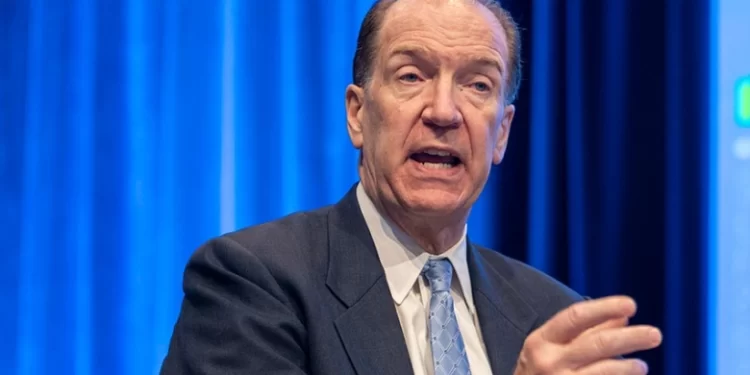In helping countries address the issue of climate change, the World Bank Group has disbursed a historic $31.7 billion lending package for climate-related investments, with Nigeria receiving $700 million for the Agro-Climatic Resilience in semi-Arid Landscape Project.
According to the news on the Bank’s website, the funds will enable developing countries to mitigate greenhouse gas emissions and increase resilience to climate impact while also meeting core development priorities.
The international financial institution sees investing in climate at this time as very necessary considering that rising inflation and the environmental threat of climate change to Nigeria’s economy can push millions of people into poverty.
The group highlighted that climate change is causing severe water stress in Nigeria, increasing drought occurrence and weighing on Nigeria’s economic growth. It further said climate change “could cost the country as much as 30% of its GDP by 2050, affecting the livelihoods of millions of households, worsening food security and livelihoods, and increasing the risk of violent conflict.”
World Bank believes its climate finance to Nigeria will help millions of people adapt to a changing climate in Nigeria. The agro-climatic resilience in semi-arid landscapes project which centers on the development of 20 watershed management plans across all of Northern Nigeria, is designed to ensure community-level participation, build local capacity, and ensure transparency across different agencies.
The Bank stated that the project “will prioritize investments that can slow desertification while supporting natural resource-based livelihoods, for instance investing in sustainable oases and wetlands can be vital for adaptation and provide alternative incomes for communities.”
The World Bank Group noted that its delivery of a record $31.7 billion in the fiscal year 2022 to assist countries manage climate change is a 19 percent spike from the $26.6 billion historic-high financing recorded in the previous fiscal year. The bank’s huge funding reaffirms its position as the largest climate action multilateral financier in developing countries.
The bank reaffirmed its dedication to helping developing countries cushion the impacts of GHS emissions and increasing resilience to climate impacts, pointing to its Climate Change Action Plan, 2021-25, which it said is already delivering results.










